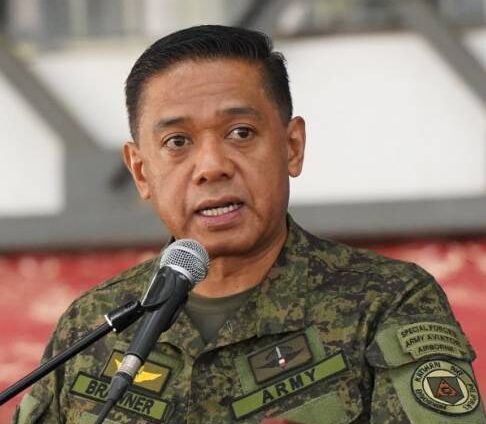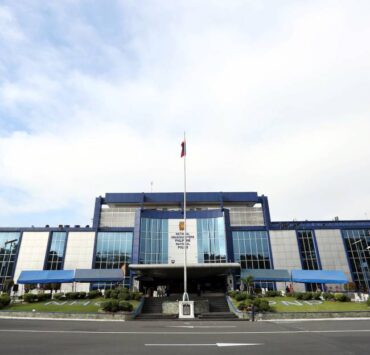AFP sees links among Chinese spy, recovered drones, falsified PH IDs

Military officials are looking at the possible links among recent developments, specifically the arrest of an alleged Chinese spy, the recovery of drones in local waters and foreign nationals found with falsified Philippine identification cards and birth certificates.
“If you look at the entire expanse of the country, covering the different instruments of national power and start connecting the dots, there seems now to be a deliberate and calculated move to map out the country by a foreign power,” Rear Adm. Roy Vincent Trinidad, the Philippine Navy spokesperson for the West Philippine Sea, said at a press briefing at Camp Aguinaldo in Quezon City on Tuesday.
The Philippine Navy earlier announced that it recovered five drones last year, including the one found off San Pascual town in Masbate on Dec. 30 with Chinese markings.
“This is what your Armed Forces are monitoring. We are facing this and we are taking appropriate action,” Trinidad said.
Intel gathering
In the same briefing, Col. Francel Margareth Padilla, Armed Forces of the Philippines spokesperson, said the military was “looking at the bigger picture” and “connecting the dots,” including the now-banned operations of Philippine offshore gaming operators.
“So how everything forms part of a bigger picture, that is what we intend to achieve with all of this intelligence gathering that we’re making,” Padilla said.
The National Bureau of Investigation announced on Monday that it arrested last week a Chinese national and two Filipinos for alleged espionage activities targeting not only military sites in the country but also power installations.
Deng Yuanqing, Ronel Jojo Balundo Besa and Jayson Amado Fernandez were allegedly engaged in intelligence, surveillance and reconnaissance operations “to the prejudice of our national defense,” NBI Cybercrime Division chief Jeremy Lotoc said in a briefing.
They have been charged with espionage and with violation of Republic Act No. 10175, or the Cybercrime Prevention Act of 2012.
Following their arrest, National Security Adviser Eduardo Año urged Congress to prioritize the passage of amendments to the Espionage Act and the countering foreign interference and malign influence bill.
“Strengthening our legal framework is essential to effectively address evolving security threats and to ensure that those who seek to compromise our national security will face the full force of the law,” Año said in a statement.

















